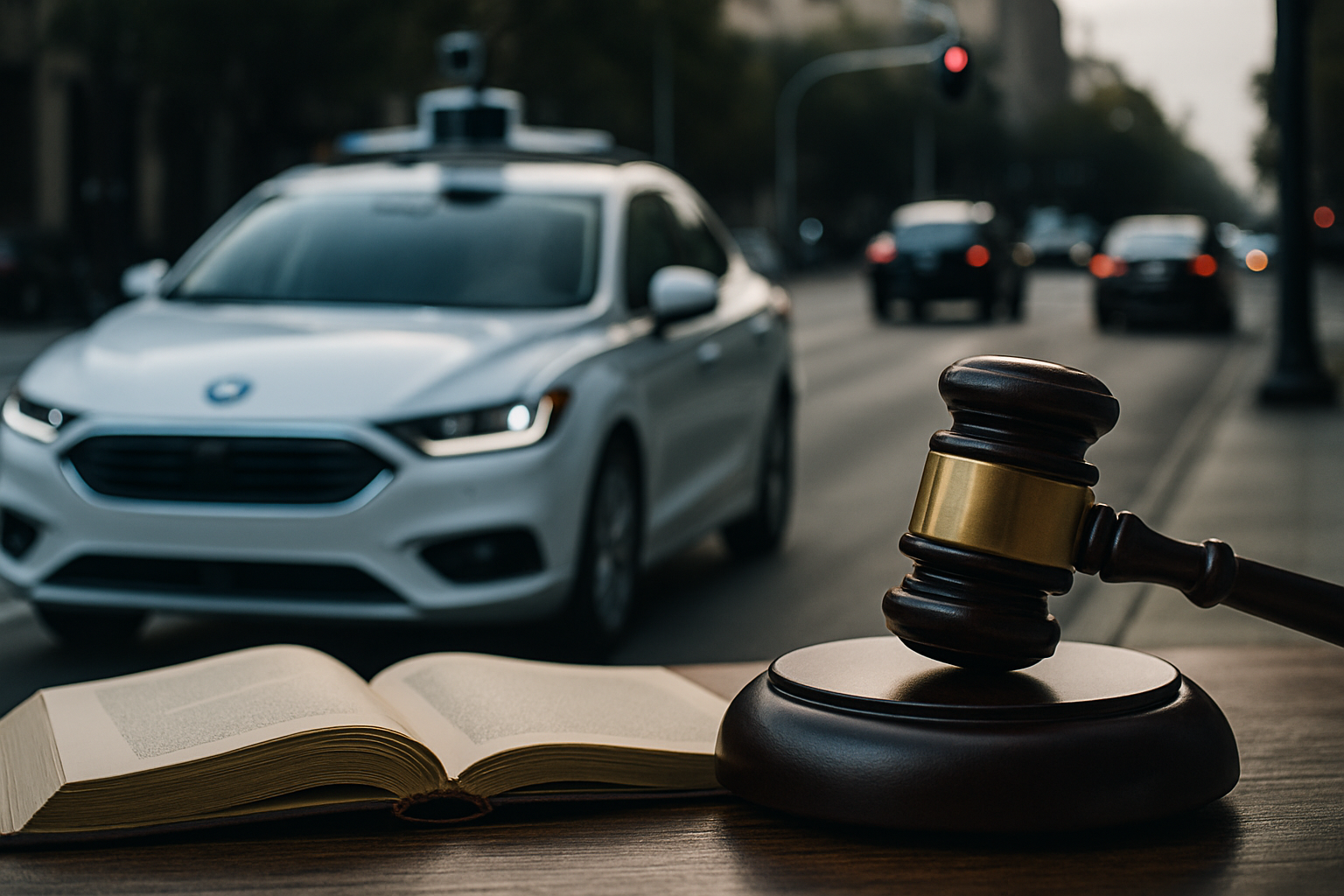Legal Innovations in Autonomous Vehicle Regulation
Introduction: As self-driving cars transition from science fiction to reality, lawmakers and regulators face unprecedented challenges in crafting a legal framework for this revolutionary technology. This article explores the cutting-edge legal landscape surrounding autonomous vehicles, examining how different jurisdictions are adapting existing laws and creating new ones to address the unique issues posed by driverless cars.

Liability and Insurance Challenges
One of the most complex legal issues surrounding autonomous vehicles is determining liability in the event of an accident. Traditional auto insurance models, which rely on human driver fault, are being reevaluated in light of AI-controlled vehicles. Some jurisdictions are exploring no-fault insurance systems specifically for autonomous vehicles, while others are considering manufacturer liability models. The legal community is grappling with questions of how to assign responsibility when accidents involve a mix of human-driven and autonomous vehicles.
Data Privacy and Cybersecurity Concerns
Autonomous vehicles generate and process vast amounts of data, raising significant privacy and security concerns. Legislators are working to create laws that protect personal information collected by these vehicles while still allowing for the necessary data sharing to improve safety and efficiency. Cybersecurity is another critical area of focus, with lawmakers considering regulations to protect autonomous vehicles from hacking and other digital threats. Some jurisdictions are exploring the idea of mandatory cybersecurity standards for autonomous vehicle manufacturers.
Ethical Decision-Making and Programming
The programming of autonomous vehicles raises complex ethical questions that have legal implications. Lawmakers and ethicists are debating how to codify decision-making processes for vehicles faced with unavoidable accidents. Some jurisdictions are considering regulations that would require transparency in the ethical algorithms used by autonomous vehicles, while others are exploring the creation of standardized ethical frameworks that all manufacturers must adhere to.
Infrastructure and Urban Planning Laws
The widespread adoption of autonomous vehicles is expected to have significant impacts on urban infrastructure and planning. Forward-thinking jurisdictions are already updating zoning laws and building codes to accommodate the unique needs of self-driving cars, such as dedicated lanes and specialized parking structures. Some cities are even exploring the legal framework for integrating autonomous vehicles into public transportation systems, potentially revolutionizing urban mobility.
International Harmonization Efforts
As autonomous vehicles cross borders, there is a growing recognition of the need for international harmonization of laws and standards. Organizations like the United Nations Economic Commission for Europe are working to develop global technical regulations for autonomous vehicles. Meanwhile, bilateral and multilateral agreements between countries are being negotiated to ensure seamless operation of self-driving cars across international boundaries. These efforts aim to create a consistent legal environment that fosters innovation while maintaining safety standards.
Conclusion
The legal landscape for autonomous vehicles is as dynamic and innovative as the technology itself. As lawmakers and regulators strive to keep pace with rapid technological advancements, they are crafting novel legal solutions that balance safety, innovation, and public interest. The coming years will likely see continued evolution in autonomous vehicle law, with potential for groundbreaking legal precedents and regulatory frameworks. As this field develops, it will undoubtedly have far-reaching implications for transportation, urban planning, and the very fabric of our society.






